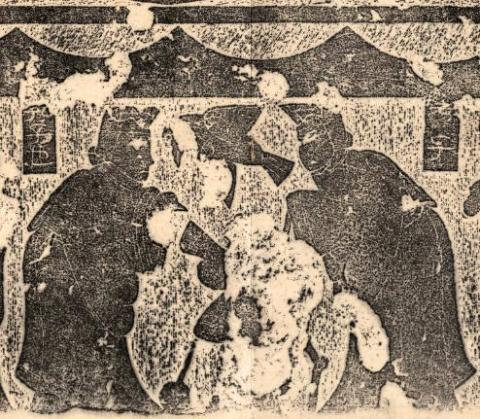
Beginning with the Analects of Confucius, political writings in early China (ca. fifth- to first-century B.C.) are populated with accounts of individuals, historical or fictional, who are both homeless and stateless. Implicit in the articulation of this new space outside of the family and the state is a new humanism, a new understanding of the historical agency and responsibility of individuals, that will come to be the site of contention on which the first empires in early China, namely the Qin and Han dynasties, eventually emerged. Through a reading of the Analects, along with earlier epigraphic materials of the Western Zhou and its contemporary, the Mozi, this presentation will detail the emergence of this new humanism and its implications for the history of the rise of empires in early China.

